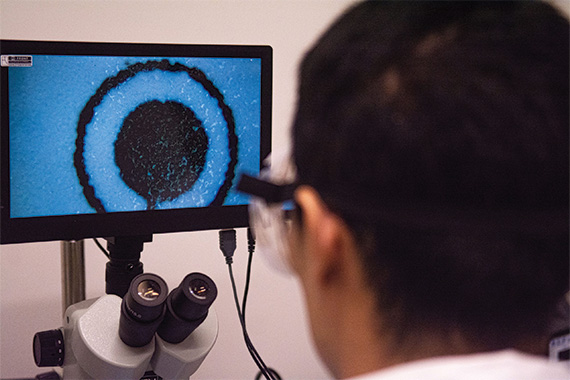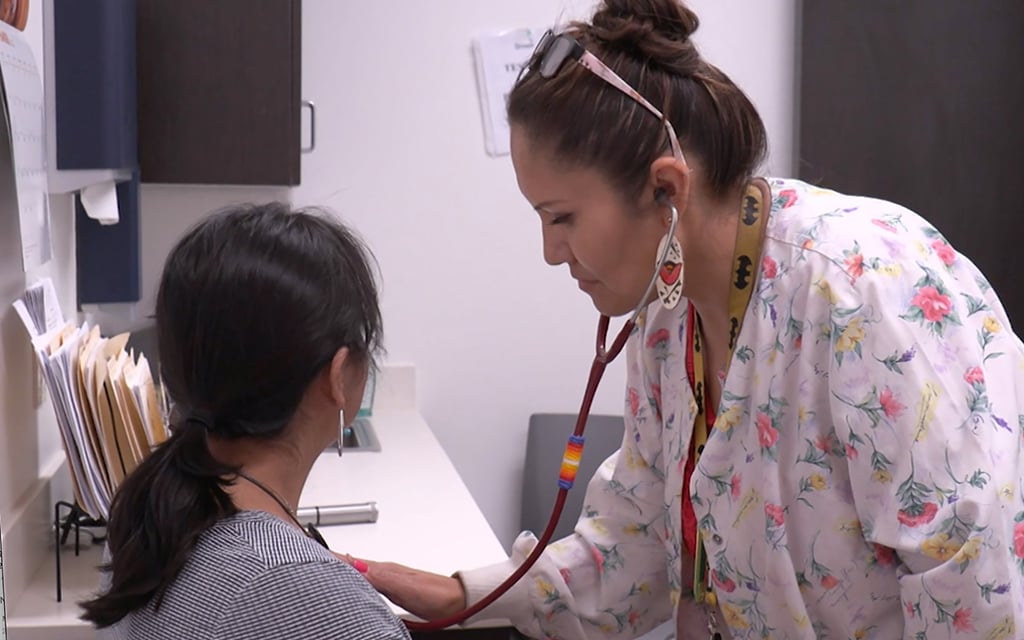A groundbreaking study led by investigators at Massachusetts General Hospital (MGH) unveils a genetic association between anorexia nervosa, the eating disorder characterized by self-imposed starvation, and being an early riser.

Unraveling the Genetic Threads
In a departure from other psychiatric disorders often associated with evening behavior, this research, published in JAMA Network Open, suggests a unique connection between anorexia nervosa and morning chronotype. The study also highlights a correlation between the eating disorder and an increased risk of insomnia.
In a quest to comprehend the relationship between anorexia nervosa, the circadian clock, and sleep traits such as insomnia, researchers employed Mendelian Randomization. This statistical method helped assess how genes associated with anorexia nervosa could impact sleep patterns.
The study identified a two-way connection between genes linked to anorexia nervosa and those related to morning chronotype. The implication is profound—being an early riser may elevate the risk of developing anorexia nervosa, and conversely, the disorder could lead to an earlier wake time.
READ ALSO: Fireworks Anxiety: Lingering Effects on Pets Raise Concerns Among Owners and Veterinarians
Clinical Implications and Future Avenues
The findings, categorizing anorexia nervosa as a morning disorder in contrast to evening-centric psychiatric diseases, offer valuable insights. With limited treatment options for anorexia nervosa and high relapse rates, the study opens avenues for circadian-based therapies in prevention and treatment.
As the second deadliest psychiatric disease, further research into new prevention strategies becomes imperative.
READ ALSO: Whooping Cough Outbreaks Spark Health Concerns in Eastern U.S.




